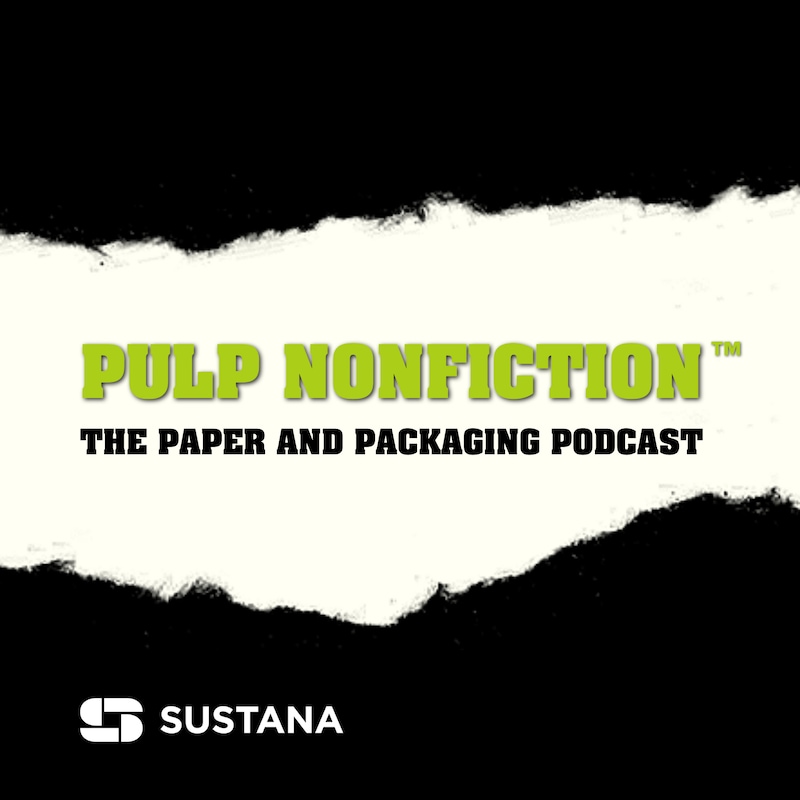Welcome to Pulp Nonfiction: The Paper and Packaging Podcast!
Our guest this month is Christine Figgener, Director of Science & Education of the Footprint Foundation. Christine is a marine conservation biologist and ocean advocate who is passionate about conserving marine turtles, fighting plastic pollution, and empowering women in science, technology, engineering, and math (STEM).
Her claim to fame is a viral video where she vividly captured the threat that plastic poses to animals when her research team in Costa Rica removed a plastic straw from a marine turtle’s nose. This video was a catalyst for the global anti-straw movement leading to several straw bans by businesses such as Starbucks, Disney, and Alaska Airlines.
For over 15 years, Christine has worked across the globe, applying her research to the conservation of marine turtles, whales, dolphins, and porpoises. She is actively involved in sea turtle conservation efforts through her non-profit organization, Costa Rican Alliance for Sea Turtle Conservation & Science, whose mission is to strengthen grassroots sea turtle conservation efforts by developing projects and training and empowering local conservationists and scientists.
In 2018, Christine was named a Next Generation Leader by TIME Magazine for her outreach work. Her research and advocacy efforts have also been featured in BBC and National Geographic documentaries.
She is currently the Director of Science & Education for Footprint Foundation, whose mission it is to educate about the detrimental effects of plastic pollution and to inspire enough change to eliminate plastic from our environment. Christine holds a Ph.D. from Texas A&M University’s Marine Biology ID Graduate Program.
This podcast is brought to you by Sustana Fiber, a leading producer of FSC®-certified sustainable recycled fibers. At our facilities in De Pere, Wisconsin in the United States and Lévis, Quebec in Canada, we use automated proprietary processes to transform recovered paper into high-quality recycled fiber for use in printing papers, tissue grades and formed molded fiber packaging. We also produce EnviroLife®, a sustainable recycled fiber compliant with FDA standards for food service packaging. Learn more about how our products and manufacturing practices support the circular economy at www.sustanafiber.com.
Interested in learning more about sustainability from a variety of professionals committed to helping develop the circular economy to improve our environment? Then be sure to subscribe to our channel to catch Sustana Fiber’s latest episode of Pulp Nonfiction: The Paper and Packaging Podcast. Hosted by Sustana Fiber’s Greg Johnson, Director of New Business Development, and Dr. Marta Pazos, a leading sustainable packaging materials scientist, this monthly video podcast series features fascinating discussions on several trending topics involving sustainability.



